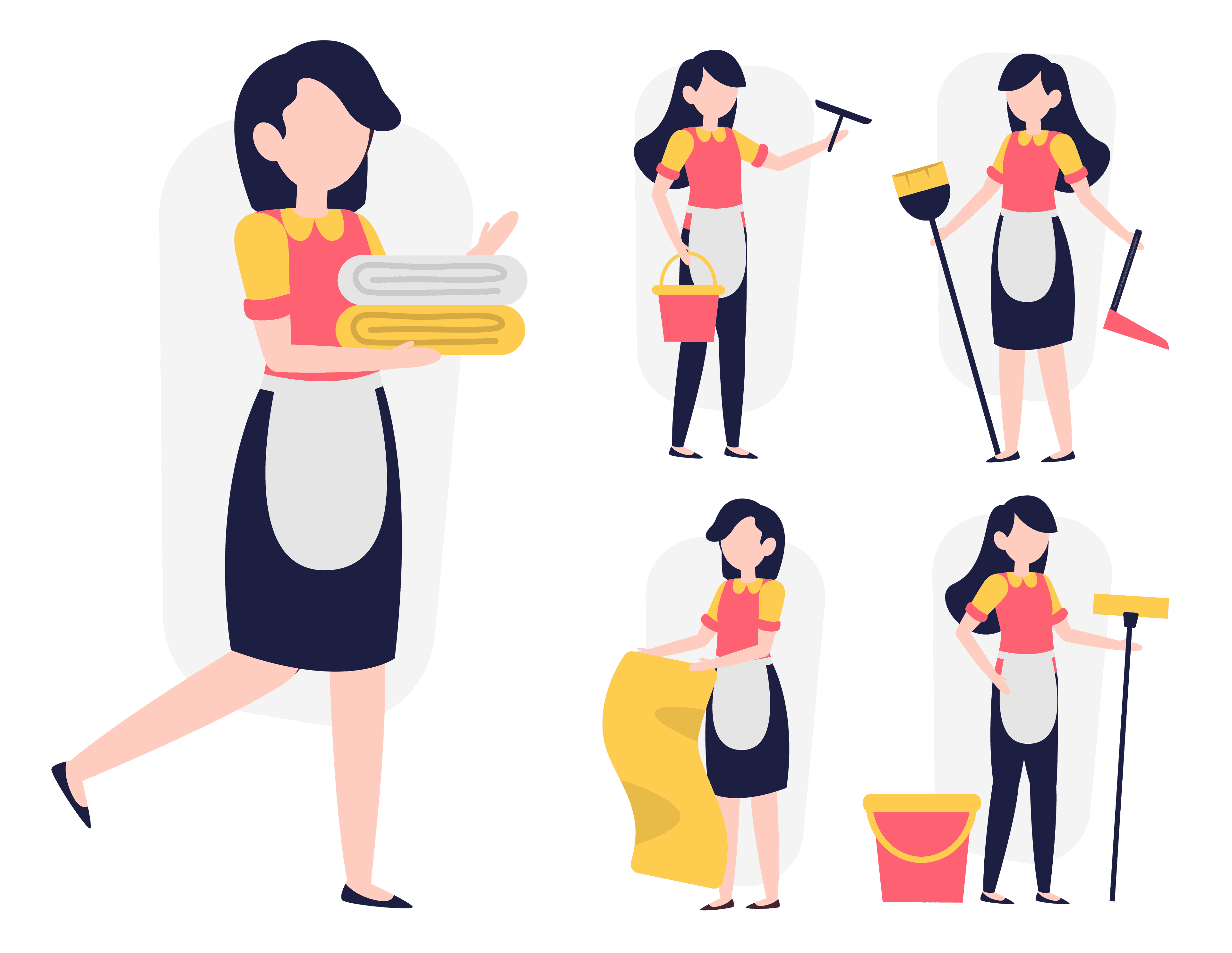Eating expired food is a common dilemma many face. With expiry dates printed on every product, throwing away perfectly edible food can sometimes feel wasteful. But when is it safe to consume food past its expiration date? In this guide, we’ll explore the types of expired food that might still be safe, how to determine their safety, and when it’s best to toss them out.
Understanding Expiry Dates
Before diving into specific foods, it’s important to understand what those expiry dates mean.
| Use-By Date | Indicates the last day a product is at its peak quality. For perishable items like dairy or fresh meat, avoiding consumption after this date is safer. |
| Best-Before Date | Suggests when a product will maintain its best quality. Consuming items after this date is usually okay as long as they show no signs of spoilage. |
| Sell-By Date | A retailer guideline, not a strict indication of food safety. Many products remain safe to eat for days or weeks past this date. |
Foods That Are Safe After Their Expiry Date
Not all foods spoil immediately after their printed dates. Some can remain safe and delicious if stored properly.

1. Bread
Bread is often safe to eat a few days past its best-before date, as long as there is no visible mold. Storing bread in the fridge can extend its shelf life by a few days. For even longer storage, freeze the bread and toast slices as needed.
2. Dry Foods (Cereal, Pasta, Rice)
Dry foods like cereals, pasta, and rice have a long shelf life and are typically safe months after their best-before date. Before consuming, check for signs of spoilage, like an off smell or visible pests.
3. Canned Goods
Canned goods are designed to last years if unopened and stored in a cool, dry place. The contents are likely safe as long as the can is not bulging, rusted, or dented. However, always smell and inspect the food before eating.
4. Hard Cheeses
Hard cheeses like Parmesan or cheddar can often be consumed even after some mold has developed. Cut off the moldy parts, ensuring a margin of about an inch, and the rest is safe to eat.

5. Eggs
Eggs remain fresh for weeks beyond expiration if kept in the refrigerator. A simple water test can determine freshness: place an egg in a water bowl. If it sinks, it’s good; if it floats, it’s time to throw it out.
Foods to Avoid After Expiry
Some foods are more prone to spoilage and can pose health risks if consumed past their expiration date.
1. Fresh Meat and Seafood
Raw meat and seafood are highly perishable and should only be consumed on their use-by dates. Spoiled meat can harbor dangerous bacteria like salmonella and E. coli, leading to foodborne illnesses.
2. Dairy Products
Milk, cream, and soft cheeses spoil quickly. While a sour smell or curdled texture is a clear indicator, some bacteria can develop before these signs appear. Always err on the side of caution with dairy.
3. Fresh Fruits and Vegetables
While many fruits and vegetables are fine with slight blemishes or spots, signs like sliminess, an unpleasant smell, or a completely mushy texture indicate spoilage.
How to Determine Food Safety
When in doubt, use your senses and judgment to determine whether food is safe. Here’s what to look for:
- Smell: If the food smells off, sour, or rancid, it’s likely unsafe to eat.
- Texture: Slimy, mushy, or sticky textures (when they shouldn’t be) are red flags.
- Color: Any significant discoloration, especially in meats and dairy, indicates spoilage.
- Taste: If the food tastes off, spit it out immediately.
Tips to Extend Food Shelf Life
| Proper Storage | Keep perishable items refrigerated or frozen. Use airtight containers for dry goods to prevent contamination and moisture exposure. |
| Check Labels | Pay attention to storage instructions on packaging. Some foods may require refrigeration after opening. |
| Freeze When Possible | Freezing is an excellent way to preserve bread, meat, fruits, and some leftovers. |
| Practice FIFO | First In, First Out. Use older items before newly purchased ones to reduce waste. |
Final Thoughts
While it can be tempting to save money by consuming food past its expiry date, it’s crucial to prioritize safety. Understanding expiry labels and knowing which foods are safer to eat beyond their dates can help you reduce waste without compromising health. Always inspect your food, and when in doubt, throw it out — no savings are worth risking foodborne illnesses. You can also set up your own cleaning schedule to serve as a reminder on when you should check your food items.








